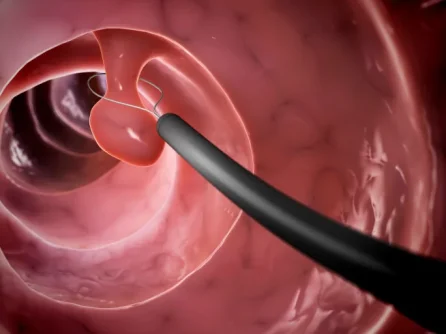
According to the National Cancer Institute of the National Institutes of Health, colorectal cancer is the third most prevalent form of cancer in American men (after cancers of the prostate and the lungs) and women (after breast cancer and lung cancer). Colorectal cancer is entirely curable if the disease is diagnosed in its early stages. However, it is frightening to note that not all accepted diagnostic tests for this disease are effective and your doctor might miss the tell-tale signs of the conditions from the results of a test.
There are several diagnostic tests to detect colorectal cancer in an individual. The most prevalent ones are Fecal Occult Blood Test (FOBT), Sigmoidoscopy, Colonoscopy, and Double Contrast Barium Enema (DCBE). Among these tests, the FOBT is the least invasive of all and is widely prescribed to detect cancer. However, due to the reduced scope of this test (it involves just an examination of a person's feces to look for cancer antibodies), a doctor might miss the presence of polyps in the colon or rectum region. In this context it is worth noting that polyps are clusters of abnormal cells that have a high chance of turning cancerous.
Sigmoidoscopy is more comprehensive because it involves an examination of the rectum and lower part of the colon. But still a doctor might miss pre-cancerous or cancerous cell growths in the upper part of the colon from the results of this test. DCBE on the other hand, shows up more comprehensive results but doctors are still liable to miss small polyps from the X-ray images of the entire colon and rectum.
Colonoscopy scores over all the above-mentioned types of diagnostic tests because it thoroughly examines the rectum and the entire colon and significantly reduces the risks of doctors missing the critical signs of colorectal cancer.
If you have family history of colorectal cancer, then you should speak to your doctor and insist that he recommend a thorough diagnostic test for you.
Last edited by a moderator:














